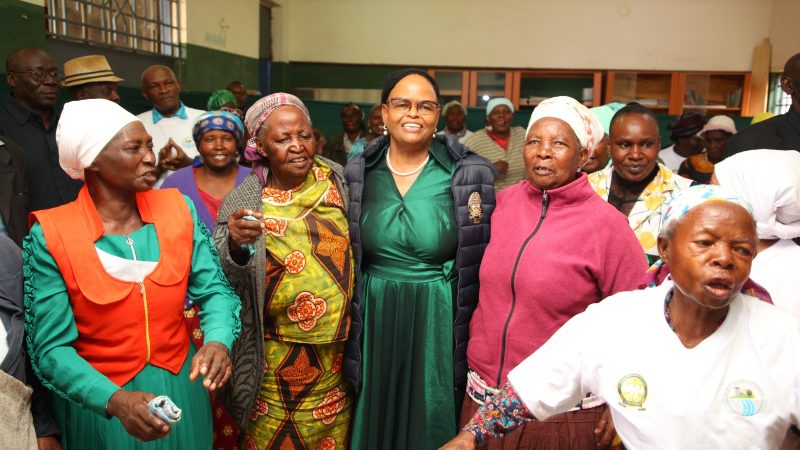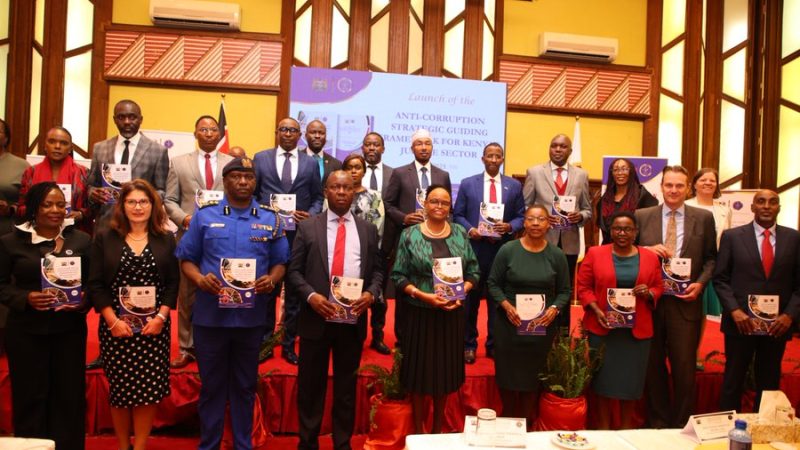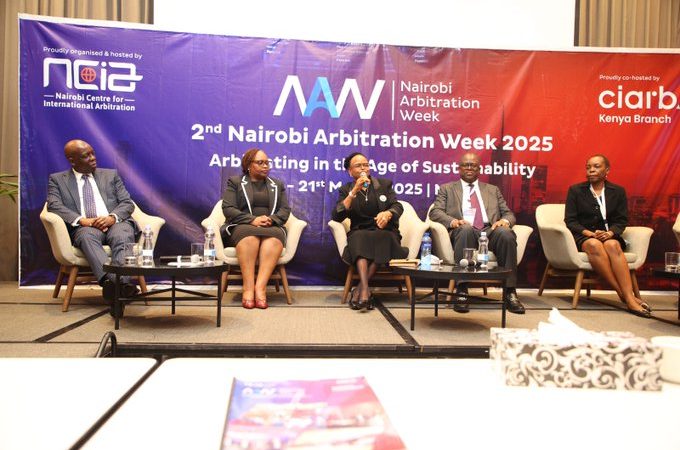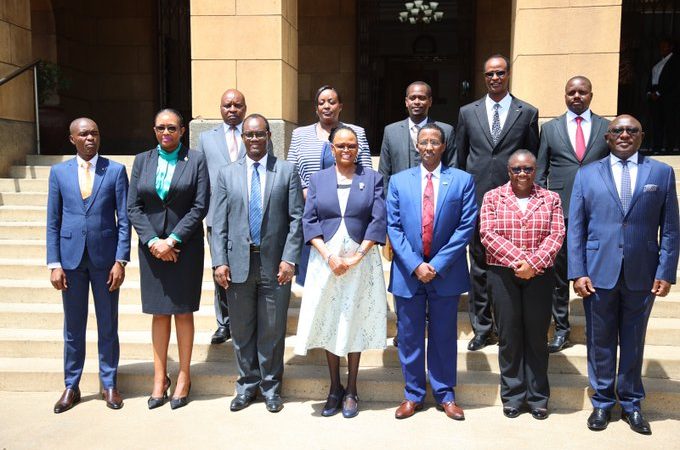Environment and Land Court (ELC) Climate Justice Conference at Moi University, Annex Campus, Eldoret
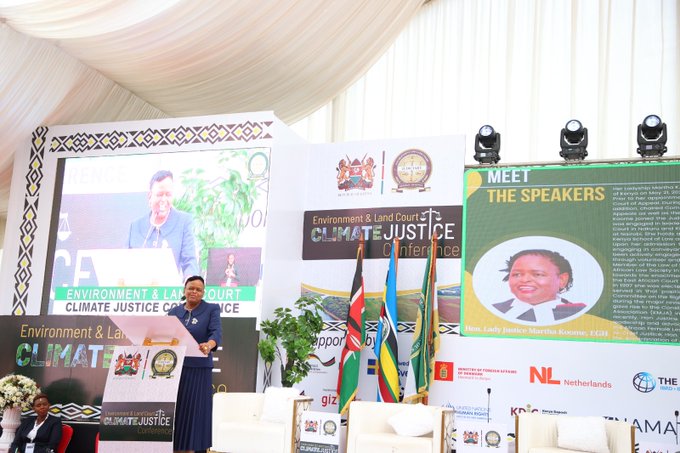
The Hon. Chief Justice Opened the Environment and Land Court (ELC) Climate Justice Conference at Moi University, Annex Campus, Eldoret, which is focused on the critical theme of “The Role of the Courts in Remedying Climate Change Chaos.”
The establishment of the ELC, with 52 judges across 40 court stations, has significantly enhanced access to environmental justice. We have implemented administrative measures, including establishing the Environment and Planning Division of the ELC in Nairobi during the last financial year to improve efficiency and effectiveness. As a result of these administrative measures, the Environment and Planning Division resolved 87 cases in its first year of operation, compared to 103 cases filed in the same period, demonstrating our commitment to the timely adjudication of environmental disputes.
As the world grapples with the effects of climate change devastating droughts, unprecedented floods, and dwindling natural resources—it is incumbent upon courts to chart a path of justice that safeguards both humanity and the planet. Climate change is not merely an environmental challenge but fundamentally a justice and human rights issue. This necessitates a justice-centered approach to climate governance that upholds both distributive and procedural justice.
The climate crisis demands the development of green jurisprudence by reimagining the courts’ role—not only as arbiters of disputes but also as champions of sustainable development, guardians of intergenerational equity, and defenders of environmental rights. I am pleased that the ELC, the National Environmental Tribunal (NET), and other courts have begun to forge a path in this direction. Landmark decisions by our courts and the NET have reinforced the principle of distributive equity by recognizing that vulnerable and marginalized groups are disproportionately affected by climate-related harm and evince an appreciation of the need to address intergenerational equity related concerns. Additionally, the courts have underscored the centrality of the rights to information, participation, and access to justice in environmental decision-making. This emerging transformative environmental constitutionalism from Kenya demonstrates the potential of judicial intervention to create a more equitable climate future.
